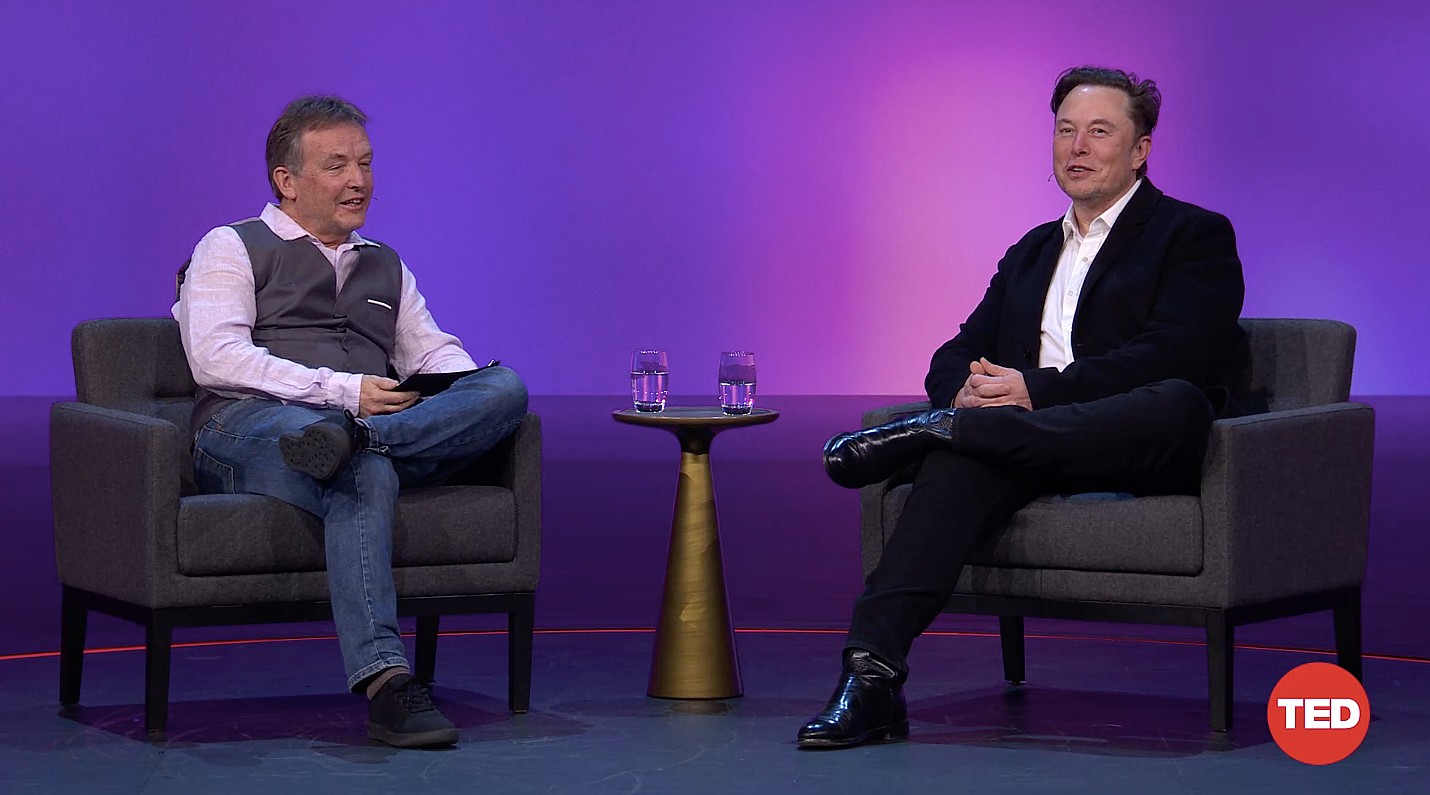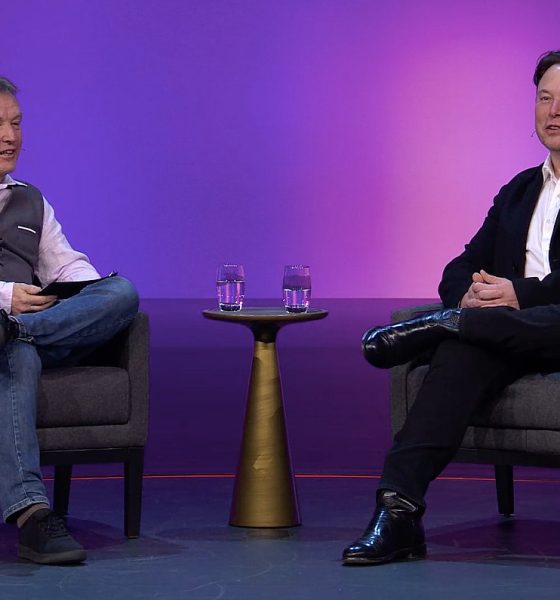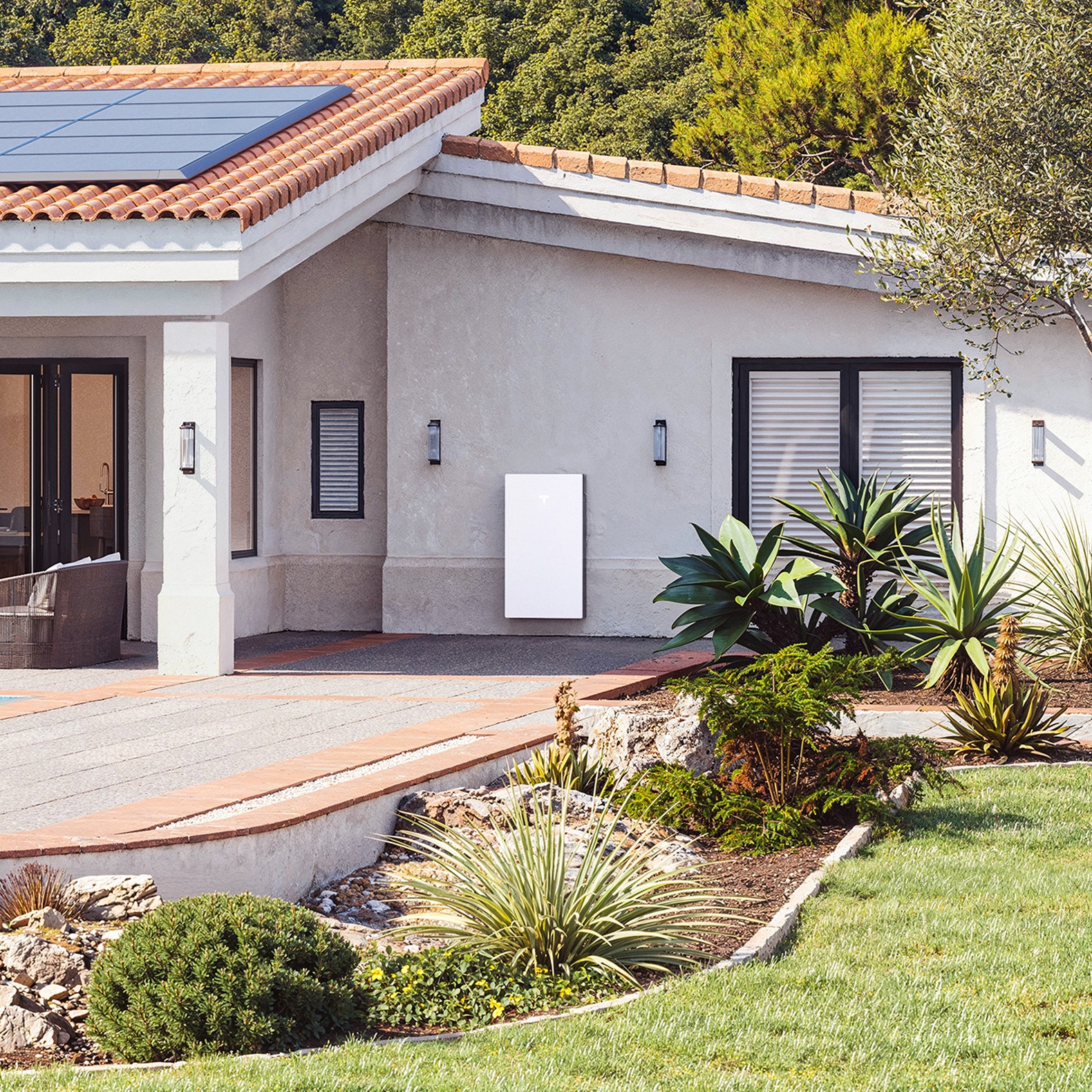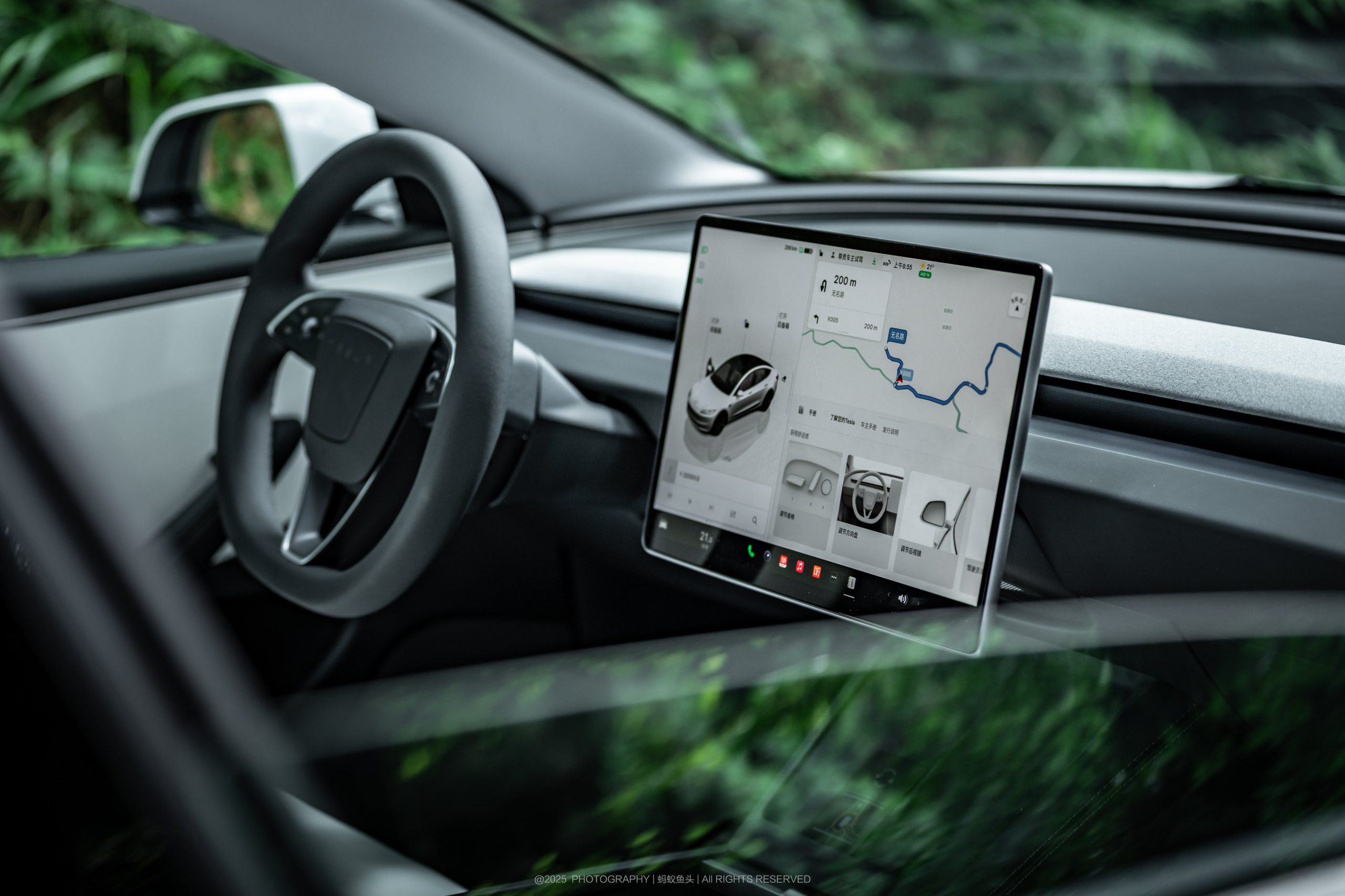

News
Tesla’s Elon Musk potentially inching closer to Twitter acquisition deal: report
The Twitter board met on Sunday, April 24, to discuss Elon Musk’s $46.5 billion offer for the social media platform. The Board’s reported willingness to seriously consider the Tesla CEOs offer reveals that Musk may have a shot at taking Twitter private.
The Twitter Board plans to meet with Musk’s side later on Sunday to discuss details about a potential deal, two people familiar with the matter told the The New York Times. The points to be addressed include the timeline of a deal. Discussions between Musk and the Twitter board include fees that may be paid if they accept Elon Musk’s agreement and negotiations fall apart.
Last week, an SEC filing revealed that Musk received commitments for a $46.5 billion acquisition of Twitter. The filing suggested that Musk was exploring a tender offer to purchase Twitter stock directly from shareholders. Musk stated that the new strategy was adopted because the Twitter Board had not responded to his initial bid.
“Twitter has not responded to the Proposal. Given the lack of response by Twitter, the Reporting Person is exploring whether to commence a tender offer to acquire all of the outstanding shares of Common Stock (together with the associated rights issued pursuant to the Rights Agreement (the ‘Rights’ and, together with the Common Stock, the ‘Shares’)) that are issued and outstanding (and not held by the Reporting Person) at a price of $54.20 per share, net to the seller in cash, without interest and less any required withholding taxes, subject to certain conditions (the ‘Potential Offer’), but has not determined whether to do so at this time,” said the 13D SEC filing.
The filling revealed that Musk gathered financing from Morgan Stanley and other lenders who offered $13 billion in debt financing. Included in the tender offer is another $12.5 billion in loans against Musk’s Tesla stocks. Elon Musk is also expected to add about $21 billion in equity financing.
The Teslarati team would appreciate hearing from you. If you have any tips, email us at tips@teslarati.com or reach out to me at maria@teslarati.com.

Energy
Tesla Powerwall distribution expands in Australia
Inventory is expected to arrive in late February and official sales are expected to start mid-March 2026.

Supply Partners Group has secured a distribution agreement for the Tesla Powerwall in Australia, with inventory expected to arrive in late February and official sales beginning in mid-March 2026.
Under the new agreement, Supply Partners will distribute Tesla Powerwall units and related accessories across its national footprint, as noted in an ecogeneration report. The company said the addition strengthens its position as a distributor focused on premium, established brands.
“We are proud to officially welcome Tesla Powerwall into the Supply Partners portfolio,” Lliam Ricketts, Co-Founder and Director of Innovation at Supply Partners Group, stated.
“Tesla sets a high bar, and we’ve worked hard to earn the opportunity to represent a brand that customers actively ask for. This partnership reflects the strength of our logistics, technical services and customer experience, and it’s a win for installers who want premium options they can trust.”
Supply Partners noted that initial Tesla Powerwall stock will be warehoused locally before full commercial rollout in March. The distributor stated that the timing aligns with renewed growth momentum for the Powerwall, supported by competitive installer pricing, consumer rebates, and continued product and software updates.
“Powerwall is already a category-defining product, and what’s ahead makes it even more compelling,” Ricketts stated. “As pricing sharpens and capability expands, we see a clear runway for installers to confidently spec Powerwall for premium residential installs, backed by Supply Partners’ national distribution footprint and service model.”
Supply Partners noted that a joint go-to-market launch is planned, including Tesla-led training for its sales and technical teams to support installers during the home battery system’s domestic rollout.
Elon Musk
Tesla Giga Berlin growth could stall if not “free from external influences”: Elon Musk
The comments were delivered in a pre-recorded video discussion.

Tesla CEO Elon Musk has reportedly warned that future expansion of Gigafactory Berlin could be jeopardized if the site does not remain “free from external influences.”
Musk’s comments were delivered in a pre-recorded video discussion with employees and came at a sensitive moment for the facility, where union representation has been a recurring issue.
According to reports from Handelsblatt and Der Spiegel, citing participants at the event, Musk suggested that if Giga Berlin is no longer “free from external influences,” further expansion would become unlikely. He did not, however, hint that the plant would shut down.
While Musk did not name IG Metall directly, his remarks were widely interpreted as referencing the union, which is currently the largest faction on the works council but does not hold a majority, as noted in an electrive report.
The video conversation was conducted between Musk in Austin and Grünheide plant manager André Thierig, then played back to the workforce in Germany. Works council elections are scheduled for early March, heightening the tension between management and organized labor.
The CEO has previously voiced concerns that stronger union influence could limit Tesla’s operational flexibility and long-term strategy in Germany.
Despite the warning on expansion, Musk praised the Giga Berlin site during the same address, describing it as one of the most advanced factories worldwide and highlighting its cleanliness and team culture.
The discussion also reportedly touched on battery cell production. According to attendees cited in German media, Musk indicated that Tesla has begun ramping cell production at the site. That would mark a notable shift from earlier expectations that large-scale cell manufacturing in Brandenburg would not begin until 2027.
Elon Musk
Tesla Full Self-Driving’s newest behavior is the perfect answer to aggressive cars
According to a recent video, it now appears the suite will automatically pull over if there is a tailgater on your bumper, the most ideal solution for when a driver is riding your bumper.

Tesla Full Self-Driving appears to have a new behavior that is the perfect answer to aggressive drivers.
According to a recent video, it now appears the suite will automatically pull over if there is a tailgater on your bumper, the most ideal solution for when a driver is riding your bumper.
With FSD’s constantly-changing Speed Profiles, it seems as if this solution could help eliminate the need to tinker with driving modes from the person in the driver’s seat. This tends to be one of my biggest complaints from FSD at times.
A video posted on X shows a Tesla on Full Self-Driving pulling over to the shoulder on windy, wet roads after another car seemed to be following it quite aggressively. The car looks to have automatically sensed that the vehicle behind it was in a bit of a hurry, so FSD determined that pulling over and letting it by was the best idea:
Tesla appears to be implementing some sort of feature that will now pull over if someone is tailgating you to let the car by
Really cool feature, definitely get a lot of this from those who think they drive race cars
— TESLARATI (@Teslarati) February 26, 2026
We can see from the clip that there was no human intervention to pull over to the side, as the driver’s hands are stationary and never interfere with the turn signal stalk.
This can be used to override some of the decisions FSD makes, and is a great way to get things back on track if the semi-autonomous functionality tries to do something that is either unneeded or not included in the routing on the in-car Nav.
FSD tends to move over for faster traffic on the interstate when there are multiple lanes. On two-lane highways, it will pass slower cars using the left lane. When faster traffic is behind a Tesla on FSD, the vehicle will move back over to the right lane, the correct behavior in a scenario like this.
Perhaps one of my biggest complaints at times with Full Self-Driving, especially from version to version, is how much tinkering Tesla does with Speed Profiles. One minute, they’re suitable for driving on local roads, the next, they’re either too fast or too slow.
When they are too slow, most of us just shift up into a faster setting, but at times, even that’s not enough, see below:
What has happened to Mad Max?
At one point it was going 32 in a 35. Traffic ahead had pulled away considerably https://t.co/bjKvaMVTNX pic.twitter.com/aaZSWmLu5v
— TESLARATI (@Teslarati) January 24, 2026
There are times when it feels like it would be suitable for the car to just pull over and let the vehicle that is traveling behind pass. This, at least up until this point, it appears, was something that required human intervention.
Now, it looks like Tesla is trying to get FSD to a point where it just knows that it should probably get out of the way.








